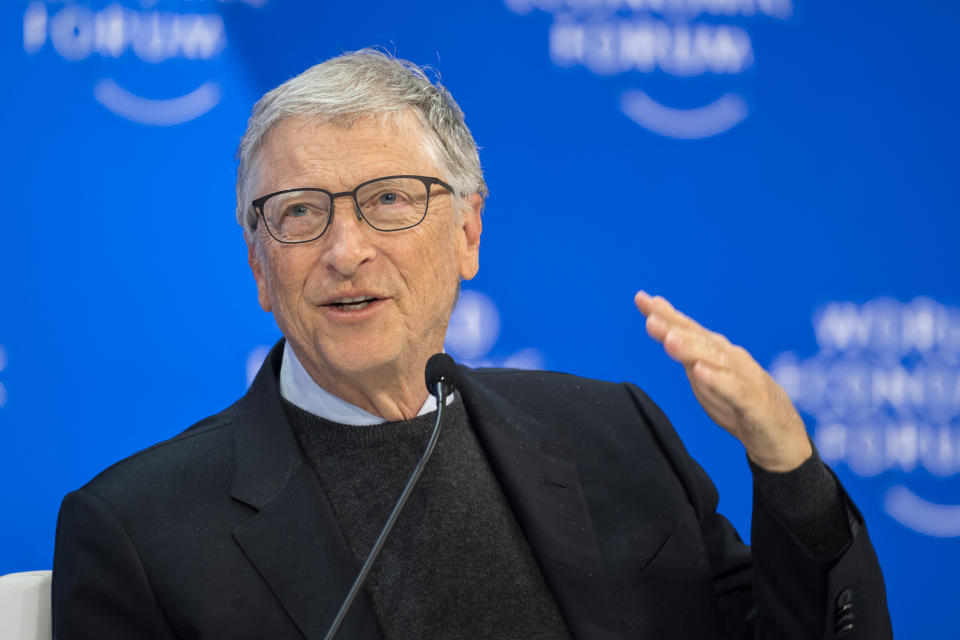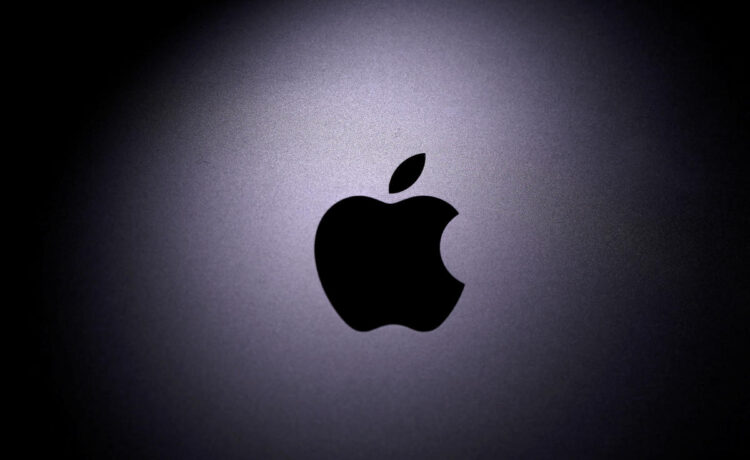The Department of Justice antitrust lawsuit against Apple (AAPL) could have major consequences for the iPhone maker’s business segments. If the DOJ wins, the company could be forced to give third-party companies greater access to iPhone features including Apple Wallet, improve compatibility with competing devices, and even allow third-party app stores on iOS.
But the DOJ will have a difficult time proving that Apple has broken antitrust laws, and even if it does prevail to some degree, the company will likely appeal the case all the way to the Supreme Court.
In the end, Apple may make some concessions, but the DOJ’s suit is unlikely to significantly uproot the company’s overall business. But that wouldn’t mean Apple is out of the woods. The antitrust action could hold greater dangers for the company than giving users access to different app stores or ending the green-versus-blue text bubble debate.
It could ultimately hurt the company’s ability to capture the next wave of tech innovation, just as Microsoft’s (MSFT) antitrust suit in the late 1990s gobbled up executives’ resources and cost that company its chance to dominate the smartphone market.
A distraction at the worst time
The tech industry is in the throes of a massive upheaval thanks to the generative AI explosion. Microsoft, which has invested heavily in ChatGPT developer OpenAI, is now the wealthiest public company in the world by market cap, pushing Apple to second place.
Nvidia is riding an incredible wave of success with revenue skyrocketing on sales of its AI chips, and seemingly every company in Silicon Valley and beyond is talking about how it’s implementing generative AI to one degree or another.


Apple is widely expected to dive into the arena with the debut of its own generative AI capabilities at its WWDC developer conference in June. That’s not all, though. Apple is also working through the continued development and support of its Vision Pro AR/VR headset, which it hopes will serve as a new form of computing.
But antitrust suits are long, time-consuming affairs that can eat up executives’ time, pulling them away from important business decisions.
“If the company believes that virtual reality is the next generation of computing after the smartphone … they really need to focus at the C-suite on that,” explained Harvard Business School professor Andy Wu. “But this case is enough to really substitute their time away from focusing on the future. So that’s one risk.”
There’s some precedent for this line of thinking. Microsoft co-founder and former CEO Bill Gates famously blamed the distraction caused by his company’s antitrust battle with the DOJ for its failure to break into, and capture, the smartphone market. Microsoft settled with the Justice Department in 2001, opening up Windows to competing web browsers and services.
Microsoft eventually launched its own Windows Phone, even going as far as acquiring Nokia for $7.2 billion, but it failed to catch on and the company decided to focus on its cloud business instead.
Deepwater Asset Management managing partner Gene Munster says that while he doesn’t believe the antitrust case will prove to be a major distraction for Apple’s ability to innovate, it’s certainly a threat.
“If [Apple doesn’t] innovate then they’re going to lose and it’s not about the DOJ; the DOJ would have been the distraction factor,” he told Yahoo Finance.
Apple’s brand damage
A protracted legal battle could also damage Apple’s carefully crafted public image.
“The question is, how far and how hard is Apple [going to] fight some of this stuff, and in the process, do they risk … hurting the tremendous goodwill that they have?” said TECHnalysis Research founder and chief analyst Bob O’Donnell. “I think that’s something that they need to think about.”
Apple has built up a powerful following around the world thanks to its top-notch hardware quality, easy-to-use software, and customer service. But a lengthy legal fight and negative headlines could jeopardize that.
Yes, Apple is one of the world’s largest electronics companies with a growing services business. And sure, the iPhone is one of the most iconic devices ever built, but consumer sentiment can change overnight, and that could certainly prove problematic for Apple.
The DOJ’s antitrust suit is still in its earliest stages, and Apple is sure to fight it as aggressively as possible. And while it’s weathered major storms before, including regulatory fights in the European Union, there’s no guarantee the company will come away from this battle unscathed.
Email Daniel Howley at [email protected]. Follow him on Twitter at @DanielHowley.
Click here for the latest technology business news, reviews, and useful articles on tech and gadgets
Read the latest financial and business news from Yahoo Finance.

















